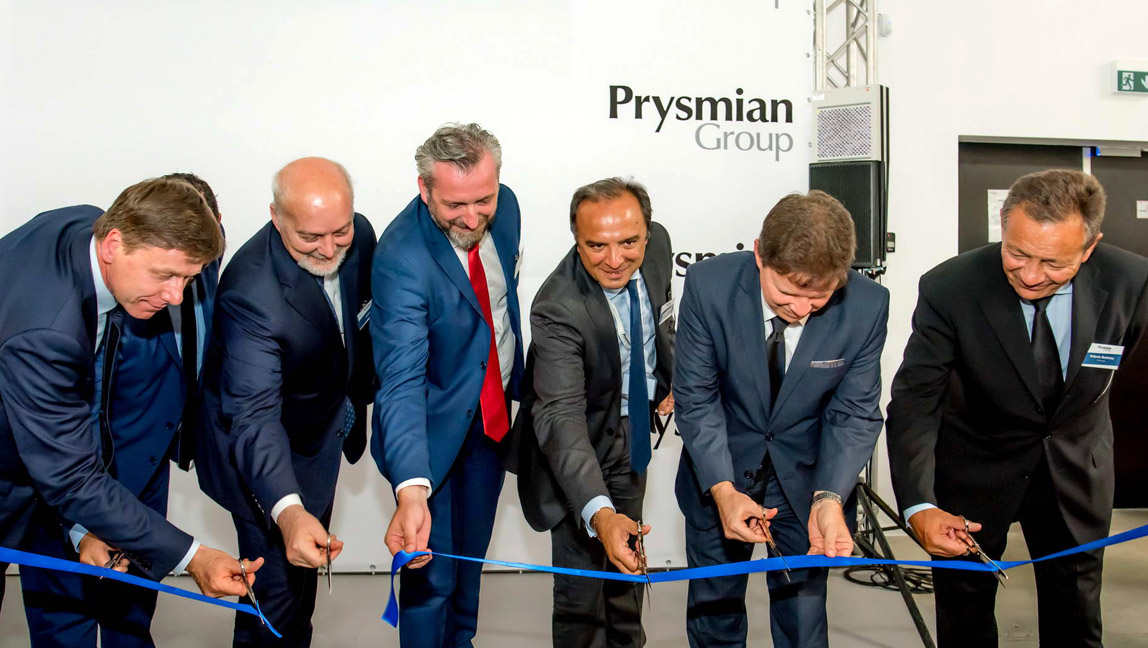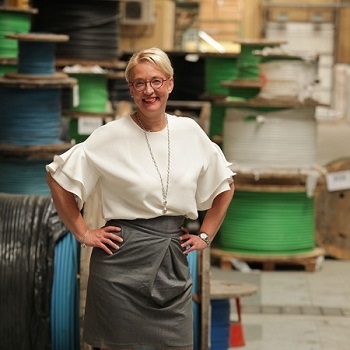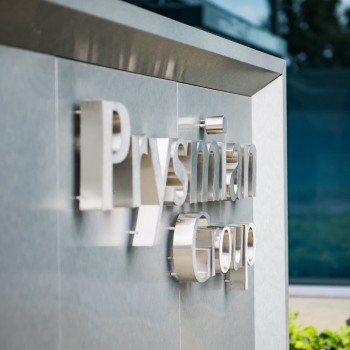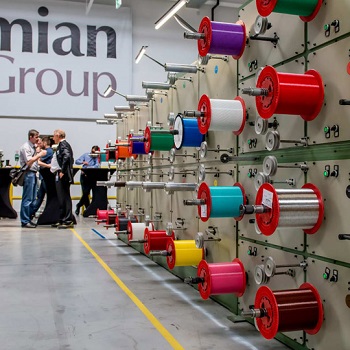Global operations enhancement keeps going in Slatina



JUNE 2017
Prysmian celebrated a new milestone in its program aimed at enhancing operations worldwide, as the Group inaugurated its new optical cable plant in Slatina, Romania, the largest of its kind in Europe. The new plant, just like the new recently announced optic cables facility in Durango, Mexico, is part of a 3-year, €250 million investment plan aimed at improving the Group’s production capacity and capabilities worldwide, to meet the growing demand for optical cables for the deployment of new high-speed telecommunications networks.


aimed at improving the Group’s production capacity
Besides Slatina, these investments involve the Group’s existing optical fibre and cable facilities in Italy, France, the Netherlands, North and South America, along with new plants like those in Prešov, Slovak Republic, and, of course, Durango, Mexico.
Why did Prysmian planned such an effort aimed at adding capacity and strengthening its manufacturing assets globally? “Operational excellence is key to confirm competitiveness particularly in dynamic and complex markets like those of optical fibre and cables ones,” explains Andrea Pirondini, COO Prysmian Group.
Governments and private sector operators are setting new ambitious goals and investing more to be prepared for the challenges posed by the increasingly higher demand, as the new broadband networks will need to work at Gigabit speed. And this is true even for the most digitally advanced regions. Europe, for example, has created a solid basis for meeting current demands, with fixed broadband available to 98% of Europeans and 4G mobile networks covering on average 84% of the EU’s population. But the current infrastructure is still not enough to sustain the expected development in the years to come. Thus, to maintain a leading position in the unfolding digital revolution, Europe needs large-scale and sustained investments.
“The digital transformation goes through the development of new broadband and ultra-broadband telecommunication networks and only the fibre can provide the necessary speed and reliability” adds Philippe Vanhille, Senior Vice President Telecom Business at Prysmian Group, who points out: “These strategic infrastructures must be based on a high quality and designed to provide high performance over time so as to be ready for the services of the future like 5G, smart cities, smart transportation, smart homes.”
So it’s clear why Prysmian wants to play a key role in the current digital transformation, and is “committed supporting Governments and Telecom operators in developing new broadband networks by continuing to invest in optical fibre and cable capacity, as well as in new technologies and know-how,” as points out Philippe Vanhille.
Prysmian Group’s Telecom business
The Group produced 35 million kilometres of optical fibre in 2016, and has recently presented its record-breaking Flextube® cable with 2,112 fibres, the highest fibre count for a flexible micromodule-based cable to be installed to date. This confirms its commitment in providing ultra-dense cable solutions that are extremely compact and much faster to install, enabling service providers to easily deploy record number of fibres in difficult or congested areas. In the past weeks, the Group was awarded a $300 million optical cable supply agreement from Verizon Communications to support the company’s US network expansion around a next-generation fibre platform that will speed the deployment of 5G services.

MAKE IT PROGRAM
Make It: Good people make great companies

CORPORATE
Staying the course, in the UK

FAST TRACK PROJECT
The future starts in Calais, Prysmian’s first 4.0 factory

FT-ETNO SUMMIT 2017
Debating the connectivity of tomorrow

GRADUATE PROGRAM
Prysmian Group CEO welcomes 50 young hired

PEOPLE















